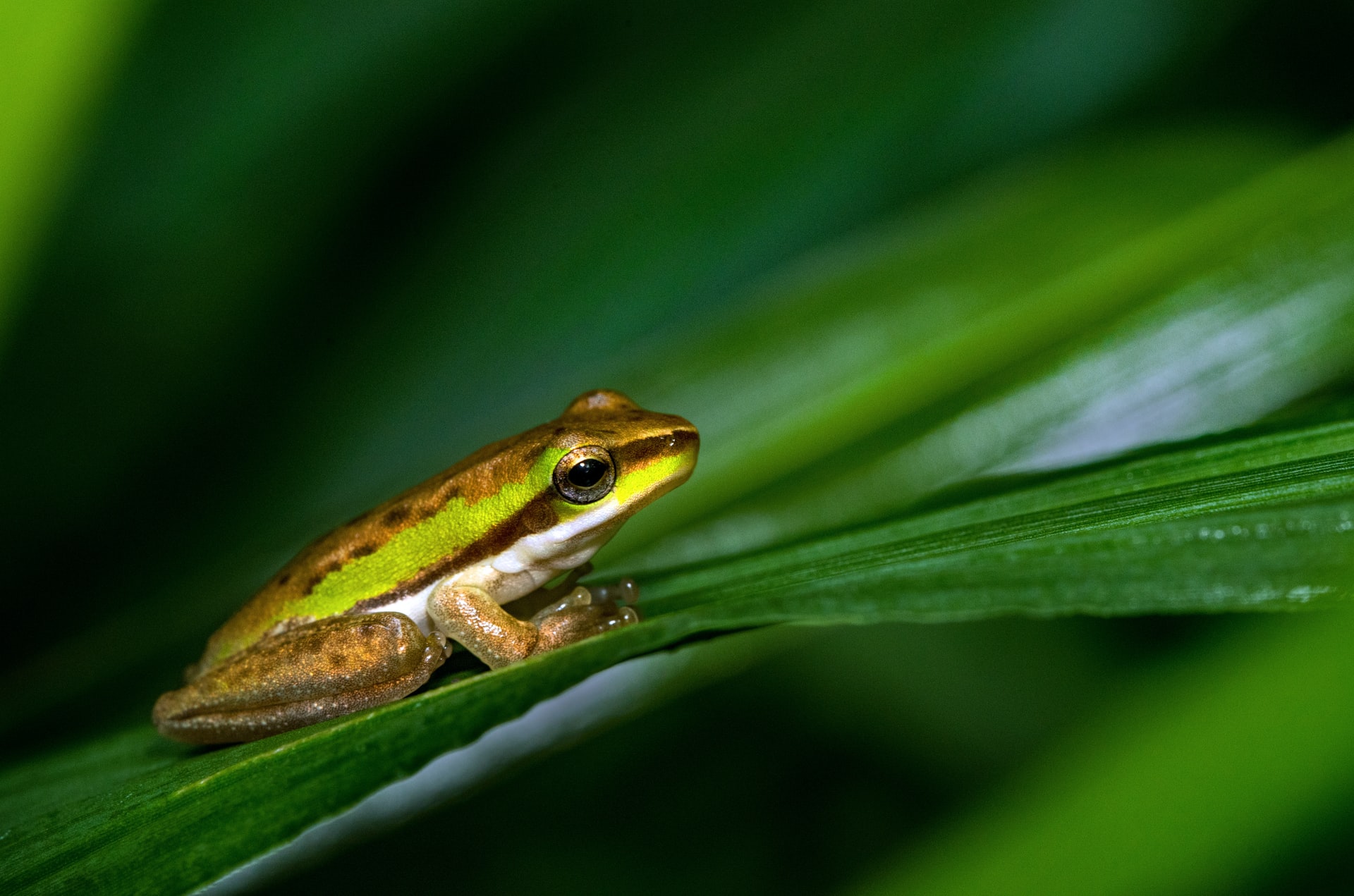 //REWORK THIS
//REWORK THIS
Stopping the Doomsday Fungus: using antimicrobial zeolites to control Chytrid
Host Researcher: Dr James Redfern
As the causative agent of the disease Chytridiomycosis (Chytrid), the fungus Batrachochytrium dendrobatidis poses a severe threat to global biodiversity. Through invasion and destruction of the skin and often resulting in death, chytrid is responsible for the decline of over 500 amphibian species and poses a major risk to both wild and ex-situ frog populations.
Zeolites are porous minerals that can be loaded with metals. Silver zeolites can be derived naturally or from synthetic sources, with previous studies showing their efficacy as antimicrobials against a variety of microorganisms. Through a collaboration with material scientists, we hope to discover that zeolites can be used a novel tool in combatting chytrid.
This project will work alongside Post-Doctoral Researcher Dr Greg Bulmer to investigate whether silver zeolites can kill (or decrease the growth rate of) B. dendrobatidis. The student will culture B. dendrobatidis and carry out tests using a variety of silver zeolites under different conditions. Fungal killing/inhibition will then be assessed through a variety of techniques, which may include approaches such as, molecular biology, microscopy and physical/chemical characterisation techniques.
We anticipate this project will run for a number of weeks across the summer. Please ensure availability is described in EoI.
In A Nutshell...
- Collaborate... with researchers across the university
- Develop... methodologies across a variety of techniques
- Analyse... experimental data and draw conclusions
- Contribute... to the understanding of this pathogen
- Earn up to 300 Rise points ... which can be recognised within your degree.
Schedule
-
02/05/22 to 03/06/22
RISE Research Internship - Microbiology RISE Research Internship






